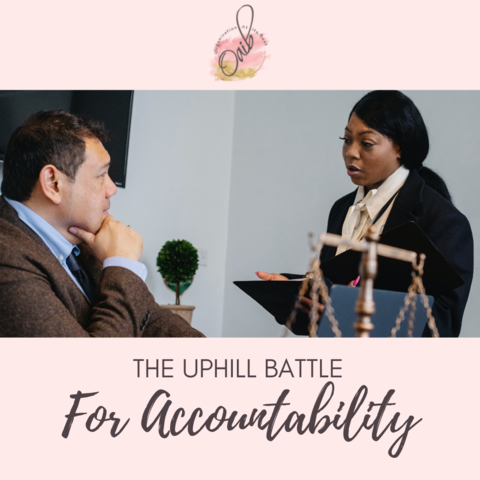
OCTOBER 14, 2022
The Uphill Battle For Accountability
Exposing organizational inequities and cultural disparities in workplaces where they have long been hidden, unrecognized, or unchecked isn’t easy.
With our Diversity, Equity, Inclusion, and Belonging work, we spend a lot of time on the foundational work of shifting an organization’s leadership mindset.
Let me tell you…it can be brutal!
The time spent with leadership, discussing equity, exposing their own blind spots, and getting leaders to acknowledge the impact of their words and actions usually goes one of two ways.
It’s either fruitful or fruitless.
You see, getting leaders to acknowledge their own unconscious biases, and commit to changing themselves, must happen before an organization will see real change.
Why? Because for sustainable strategies to work, it all boils down to one thing: Accountability.
Accountability Creates Real Change
In our work, we train employers to focus on “attracting different.”
This means intentionally seeking out People of Color, women, older employees, etc…and investing in them.
We look at the systems that organizations have in place and take measures to create equity in pay, representation, policy, ratings, reward, recognition, and more.
But…at the end of the day, even the most enthusiastic leadership team can walk away unchanged if accountability isn’t in place.
Without it, lasting change will never occur.
Without it, an organization is just paying DEIB Lip Service.
Accountability At All Levels
Accountability is an obligation or willingness to accept responsibility for one’s actions.
Here’s how it plays out in an equitable workplace.
- Junior staff and People of Color are willing – and able – to be their own advocates and set boundaries about how they’re treated.
- Two- way feedback-Everyone is expected to give real, honest feedback when they observe inappropriate behavior. This includes laying out real consequences if the person doesn’t change while not creating a culture of retaliation.
- Leaders themselves are held to the same standard as everyone else.
Conversations about accountability and enforcing accountability need not be combative. It’s about being open, straightforward, and setting expectations.
If you want help moving your organization in this direction, let us know.
Organization At Its Best Founder and Chief Executive Officer, Tawana Bhagwat, has more than twenty-five years of experience directing Human Resource administration, change management, learning and development, facilitation, DEIB, and executive coaching.

